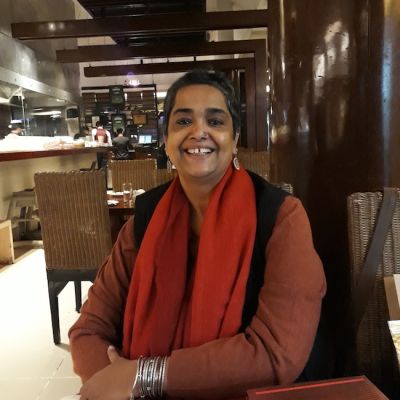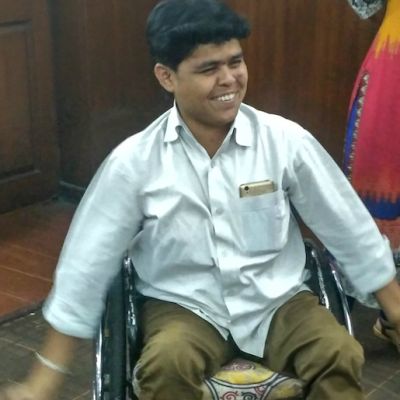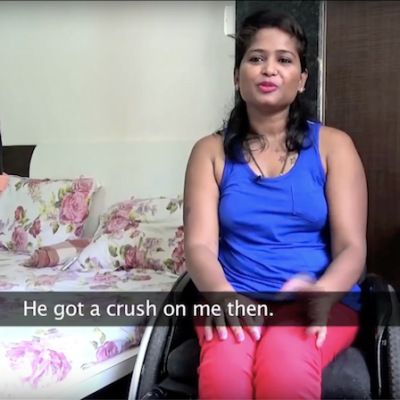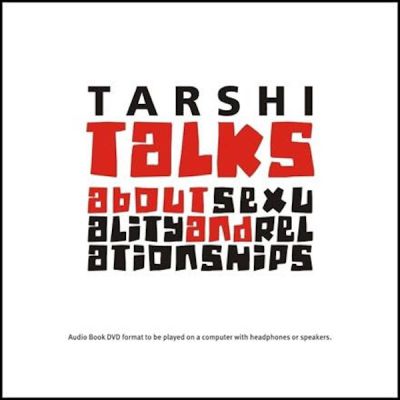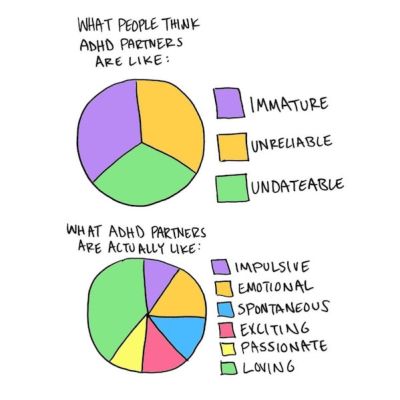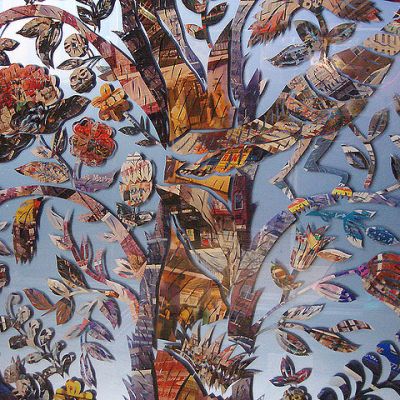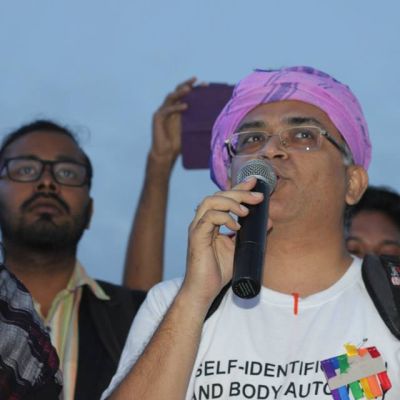Categories
The discourse on safer sex is usually couched in medical language– protection from STIs and unwanted pregnancies are what supposedly…
प्रमदा मेनन एक क्विअर नारीवादी एक्टिविस्ट हैं जो हर उस विषय पर विवेचना करती हैं जिसे वे जटिल मानती हैं।…
He is the founder of a number of support organisations that focus on sexuality and disability issues at the grassroots. Over multiple conversations conducted in Hindi and English, Kiran and Shikha Aleya discussed issues of sexuality, access and disability based on some of Kiran’s life experiences.
Accessibility begins with access, enabled or denied, to concepts and ideas. At the core, beyond the architecture of the real and virtual worlds, it is about the architecture of the ways in which this access is broadened, to not only accommodate, but to nurture, the myriad expressions of human minds and bodies.
In this video, Nisha and Chetan set the record straight about love, attraction, and disability. Nisha’s life changed after a spinal cord injury that led her to use a wheelchair. She thought romance was off the cards for her – until Chetan came into her life.
Language is central to how we think about concepts and ideas, and rights-based language matters enormously when we talk about sexuality. However, much of what many of us know about sexuality-related topics is constructed, explained and communicated solely in English.
TARSHI Talks on Sexuality and Relationships is such a welcome sea of information about sexes, sex, sexuality and relationships in an objective and ‘non-taboo’ manner.
There are many ways to be queer. Apart from the fact that queerness encompasses a wide variety of sexual expression,…
In this set of illustrations, Caroline Kee of BuzzFeed shows what it’s like to be in a relationship as someone with ADHD. The illustrations cover everything from dates, sex, and stigma, while also acknowledging the nuances of being in a relationship with someone who does not have ADHD.
5 जून, 2016 स्मृति धींगरा वे गर्मियों के दिन थे जब दिल्ली यूनिवर्सिटी का लगभग हर छात्र इंटर्नशिप करने के…
To belong or not to belong? Some people define themselves through commonalities. There are some who define themselves through difference and then seek to find others who share that difference. They find commonality in a shared difference. Commonality is what makes for a community. To keep that commonality becomes an unwritten rule. What lets you in? What keeps you out? Every community tries to keep its members together. There are expectations, rules, impositions and, for the dissidents, punishments. Ironically, even communities of people who do not conform to mainstream norms of sexuality or gender have their own norms.
The abortion debate rages on, but the voices of those who’ve actually had abortions are ignored. Few people try to understand our lives. And we are never asked the most simple but important question: Why did you do it?
It is very easy to fall into the trap of believing that the survival of the larger group is more important than the rights of an individual. This is especially true in diasporic communities, where people are constantly struggling to keep their cultural identities intact while simultaneously assimilating to the majority culture just enough to survive.
Shikha Aleya: What are some of the biggest barriers you have faced in your efforts to create dialogue and visibilise…
Every contemporary debate, from homophobia and intolerance, finds an echo in the Rajasthani writer’s stories. Vijaydan Detha’s Dohri Zindagi starts…


